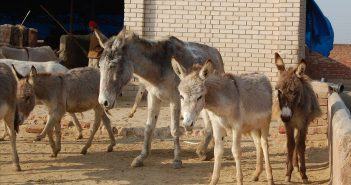
Guilty! Four sentenced in donkey horror case
Four men have been sentenced to prison in South Africa for cruelty to animals, for transporting 41 donkeys to be slaughtered under horrific conditions.

Four men have been sentenced to prison in South Africa for cruelty to animals, for transporting 41 donkeys to be slaughtered under horrific conditions.

In this episode, find out how dogfighting was finally criminalized throughout Mexico; why India’s ban on jallikattu bull wrestling was lifted; what wildlife farming in Nepal, Egypt, and South Africa means for animal welfare and conservation; and more!
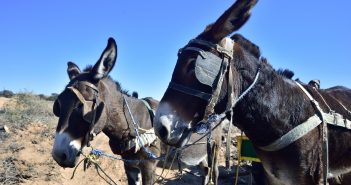
The demand for donkey skins, supposedly for medicinal purposes, continues in South Africa. The NSPCA has uncovered another horrific donkey killing site where hundreds of donkeys were illegally and brutally slaughtered on a farm in Olifantshoek.

Safari Club International (SCI) will auction the lives of 280 South African animals to raise funds to lobby the Trump Administration against measures protecting threatened species like elephant, rhino, lion, buffalo and leopard.
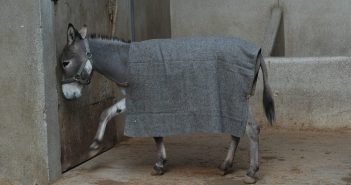
The results of a shocking investigation by The Donkey Sanctuary reveal mass-scale suffering of donkeys caught up in global trading of their skins to sustain the demand for ejiao, a traditional Chinese medicine that relies on gelatin from the hides.

In a move clearly supporting the canned lion hunting industry, the South African Government plans to permit the annual export of 800 lion skeletons to manufacturers of fake tiger wine.
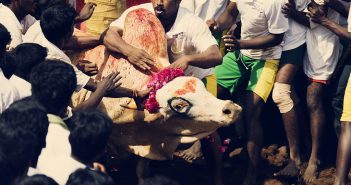
Tamil Nadu has been a leading example in the animals rights movement in many aspects. With the return of Jallikattu, now we are also going to be a leading example in taking the animal rights movement back to the stone age.

Learn what drove Ringling Bros. out of business, why Japan has resumed whaling in Antarctica, how China is phasing out legal ivory, and more in the latest episode of Animal People World News!
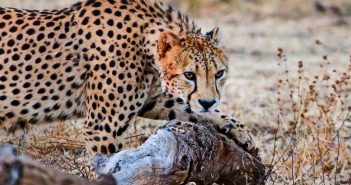
A scathing new report shows that key countries affected by wildlife crime have failed to halt poaching and illegal trafficking of endangered animals as a result of widespread corruption and inadequate law enforcement, thus putting increasing numbers of species at risk of extinction.
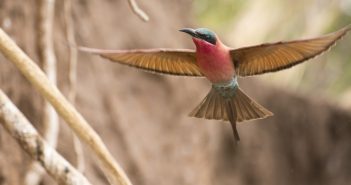
Outrage at the looting of Africa’s wildlife and environmental destruction boiled over in Namibia last month in a strongly worded letter of protest to the Chinese Ambassador, signed by almost every environmental protection and research organisation in the country.

Animal law expert Larry Weiss, who has defended activists charged with offenses since the 1980s, recounts the history of the animal rights movement up to the present at VegFest 2016.
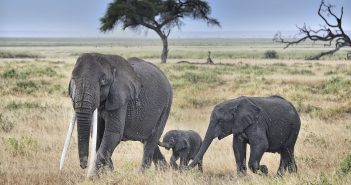
The end of the world’s largest ivory market was announced by the Chinese government as it released a detailed timetable for ending its legal ivory trade.